For the past seven and a half years, Radhika Jones has been the editor in chief of Vanity Fair. When she agreed to come speak with me for “The Art of Editing,” I was imagining we would talk about the annual Hollywood Issue or whether the magazine had another scandalous exposé of Cormac McCarthy up its sleeve. But one week before our conversation, she announced that she was stepping down. This made her an especially exciting guest—the first on this podcast who could reflect on the entire arc of an editorship, as well as the first who could speak to the limits and frustrations of such a position. Radhika has held editorial roles at Grand Street, Artforum, The Paris Review, Time, and The New York Times. When she succeeded Vanity Fair’s longtime editor Graydon Carter, Jones made it her mission to diversify the magazine’s contributors and subjects. Her first issue, in 2017, featured a cover with the writer and actress Lena Waithe; in 2020 Jones commissioned for the cover an iconic portrait of Breonna Taylor by the painter Amy Sherald. Jones and I spoke candidly about both the challenges and opportunities presented by a publication focused on celebrity in an age of unprecedented media exposure, and about her plans for the future.
Merve Emre: Tell us how you got from college to where you are today.
Radhika Jones: I will try to be concise, because it was not a straight path. I graduated from college in 1994 into a recession and moved to Taiwan to teach English for about a year. After that, I moved to Russia. This was in 1995, four years after the breakup of the Soviet Union, and it was a very chaotic and energized time in Russia. For me, it was the first time I really was on my own. There were no cell phones, and I would call my parents once a month using a calling card. They didn’t know where I was or what I was doing. It’s not like I was up to nefarious activity—that’s not the point—but I was there because I had to figure out who I was going to be, and it turned out that who I was going to be was an editor. But I didn’t know that or have that plan.
I loved being in Russia and I was like, How can I stay here? The Moscow Times was an English-language newspaper founded in 1992 and I started there as a copyeditor, which is still—I don’t want to say it’s my great love, but it’s the thing I can’t quit. My son right now is ten, and when he’s writing a paper, I will mark it up with copyedits and annotations. I can spot a typo at six feet.
I felt a sense of purpose in the newsroom in Moscow. It was like a movie newsroom. People were smoking. There was a white-haired man always clutching theatrically at his hair; he was the managing editor. I loved it there. It was very vibrant. And the news was happening. There was a lot going on. There were wars in Chechnya. Yeltsin was in his middle phase, in and out of, shall we say, awareness. Being there and following the news from that vantage point made me see the world very differently because I had a different center of gravity. I stayed for only two years, but it had an outsize effect on me. I liked working with a team. I liked having a deadline. I liked writing headlines. There were very specific newspaper functions that I enjoyed. At the same time, living in Russia was challenging, even with the sense of freedom and outright lawlessness at the time—which is fun if you’re in your early twenties. I realized I couldn’t stay there forever. It wasn’t healthy.
I fell into the thing I knew how to do, which was be a student. I applied for Ph.D. programs in literature—I needed a way to go home—and I ended up going to Columbia. I started the Ph.D. program, and it was wonderful to be reading again. But I did not lose that desire to be doing something practical and to edit. I started copyediting at Grand Street, which was this exquisite literary and arts magazine, edited at the time by Jean Stein. I feel lucky to count myself among the people who worked there. Right before I started Deborah Treisman was the managing editor, and she went from there to The New Yorker, where she’s still the fiction editor. There were a lot of interesting writers who came through Jean’s community. Rachel Kushner was there when I was, and I first met her in the Grand Street office. I was copyediting and doing my coursework.
But I got more and more involved with the magazine, and then I started working at Artforum, and that’s really where I learned to edit. I had a wonderful mentor there, Don McMahon, who was an executive editor, and he started giving me pieces to edit. He would call me up about a thousand-word piece, a review of a show, and we would spend forty-five minutes on the phone. Don would walk me through it: What do you think about the piece? How are you going to talk to the writer about the piece? Where are the weak spots? He taught me how to edit in a sympathetic and persuasive way.
I was on a parallel track in these years of my life, working on my Ph.D. and also editing because I needed that adrenaline. And the communal nature of editing was something that brought me a great amount of satisfaction. I was very busy, but I like it that way. Eventually I started working at The Paris Review. I was there for three years as the managing editor. At every point I just said, Can I keep doing this? Where can I work? Where can I learn something new? I worked for a short time at a luxury magazine. It was the first time I heard the phrase, “Three is a trend.” You pick these things up. I felt lucky to be able to be feeding the academic part of my ambition, but in the end, the editing won out for practical reasons, and maybe it pulled me a little more compellingly at that stage in my life.
You are probably the guest who has experience with the greatest diversity of publications: The Moscow Times, The Paris Review, Grand Street, Artforum, a luxury magazine. Can you reflect on your desire for movement—for adrenaline, as you put it? It’s something that I think I share with you, and I’m always trying to understand the why of it.
I didn’t have a plan. I didn’t fix my goal on becoming a professor at a particular university or an editor at a specific publication. There’s a stage in your early career when you’re just so excited that people are asking you to do things. You say yes. I said yes a lot. I think it’s the best thing you can do early on, right? I’m a curious person, as you are. My curiosity is not confined to one lane. I think that’s very human. Sometimes our life choices force us to narrow. I always resisted that. Maybe it’s why, in the end, even though I did get my Ph.D., I wasn’t cut out for that life, because you have to specialize and specialize and specialize. I had a contrasting impulse to broaden my scope.
How did you get from The Paris Review to Time, and then from Time to Vanity Fair?
When I was at The Paris Review, we printed the magazine in Winnipeg, Canada. Philip Gourevitch was the editor, and he liked to send us on press, because we would print photographs in the magazine. His taste was very photojournalistic. We actually won a National Magazine Award for a photojournalism portfolio and beat National Geographic, which will forever be a point of pride to me. We were shocked. We printed photography on uncoated stock, not on glossy paper, and when you print saturated color and imagery on uncoated stock, the paper soaks it in. You have to be extra vigilant about what’s happening on press, because you can’t control as much. You can see what the image looks like on the screen, but you can’t necessarily control how it’s going to interact with the fibers of the paper. I went to Winnipeg seven times over the course of three years. And then I guess I just thought, “Well, this is enough times to Winnipeg.” No shade to Winnipeg, but seven is a lot.
I had a friend of a friend who worked at Time, and he told me in passing, “Oh, we’re looking for an arts editor. Would that be interesting to you?” I thought about it. It wasn’t a magazine that was necessarily in circulation at my house. It’s a broad-based American magazine that has a certain identity as a kind of public trust. It wasn’t what I was gravitating to. I had been working at Artforum and Bookforum, and these smaller publications with smaller audiences that were more specialized. But I went to meet with the editor, and I thought he was terrific. The more I thought about it, the more I thought maybe I could move the needle on something. If I go to this magazine and review a book that I love, then suddenly millions of people might read about that book. It was a very different audience proposition than anywhere else I’d been. There are ways to start conversations at a different scale with a magazine like Time. That was intriguing to me.
Was there any loss there? Did it cost you anything?
I’ll tell you anecdotally, I used to write a column for Bookforum called “Collections.” I would go to literary people’s homes and profile them through their bookshelves. I would ask about the books that meant something to them, and why they had arranged the shelves the way they did. What I realized when I got to Time was more people in my circles would react to my Bookforum column than reacted to anything in Time. It’s just a different audience. I was living in Brooklyn, ground zero for Bookforum. There was that disconnect.
I knew what was possible at a place like Bookforum, and I wanted to see what was possible at a place like Time, and what conversations I could start. I ended up being in charge of the “Person of the Year” franchise and the annual list called the “TIME100,” which was great fun, because people love to argue about those things. The first “Person of the Year” issue that I edited fully was 2010, and the choice was Mark Zuckerberg. I stand by that. Mark Zuckerberg has proven to be a very important figure in American life and culture, and you have to remember, as we always said: the Person of the Year is not a hero, the Person of the Year is a person who affects the news.
Lists are our way of asserting that we have a common culture. We love arguing about the top one hundred books of the twenty-first century, or the shortlist for the Booker Prize. Can you reconstruct some of the arguments you had over the Person of the Year?
I pitched a cover of Jonathan Franzen for Time. I think it was 2010, when Freedom came out—his next book after The Corrections. It’s a classic thing at Time to miss the first book, but get the second. I said, “I think this book is going to be big, and people are going to want to talk about Jonathan Franzen.” If we’re going to put a writer on the cover, it’s someone who’s going to make a footprint in the national imagination, whether you are into the book or not. It’s not about anointing someone. It’s about whether they’re important. We did that cover, and it started all of these discussions about the priorities of a literary community that considered Franzen to be a “great American novelist,” and what that meant, and who’s allowed to be a great American novelist. As much as people were debating Franzen and the impact of his books, and who that kind of literature brings together and who it keeps out, everybody was delighted that Time had put a novelist on the cover. They didn’t want to give us a hard time about that particular act. I felt like we sort of walked the line, and that was fun.
You get a pretty thick skin after a while. You have to become comfortable with the fact that when you’re in a role where you’re making decisions that have that kind of impact, the job is not to try to anticipate everybody’s tastes and please them. That will never happen, it’s an exercise in futility. The job is to learn to trust your own taste and also learn to embrace the fact that you can maybe move that needle.
Speaking of the convergence of a novelist and a magazine—you are the only guest I’ve ever had who has brought their own object.
I was told that you’re supposed to bring an object. Being a good student, I found my object. Do I get an A+?
You get an A+. Instead of bringing a copy of the magazine Vanity Fair, you brought a copy of the novel Vanity Fair by William Thackeray and bookmarked a moment in which a character, Amelia Sedley, is on the verge of despair. The reader thinks she’s about to hear Amelia’s innermost thoughts and feelings. Instead, Thackeray writes, “Have we a right to repeat or to overhear her prayers? These, brother, are secrets, and out of the domain of Vanity Fair, in which our story lies.” Tell me about the domain of Vanity Fair.
It’s a good segue, right?
It’s a very good segue. You set me up beautifully. You get an A+ for that too. Tell me about the domain of Vanity Fair and the kinds of stories that are appropriate to it.
Think about the concept of Vanity Fair. It’s the title of a magazine, so you just skip over it in your head. But I like to probe deeper into the meanings of things, and our mission at VF is to investigate the intersection of power and personality. That’s what the celebrity on the cover is doing. The celebrity is there because they have a certain type of power, and our job is to go under the surface as much as we can, whether through a profile of an actor or director, or a story about a scandal or crime, which Vanity Fair, the magazine, has done since its inception, and which is an interesting way of revealing something about the psyche of a nation at a particular moment.
I was tickled to remember that passage, because I love how Thackeray just stops. He says, “That’s not the function of this novel.” It’s all on the surface. It’s all cosmetic. I think there’s a world of celebrity coverage, and even news coverage and politics coverage, that lives on that surface. But our goal is to get beneath it, not by tricking people, but by gaining trust and access, and asking them questions that we think will lead to something illuminating.
How do you balance the demand for an authentic encounter with the fact that our experiences of people are more mediated now than ever before?
Our contract at Vanity Fair with our reader is that if there’s someone we want on our cover who is not willing to be interviewed by a journalist or a Vanity Fair writer, or won’t participate in that exchange, we simply walk away. No harm, no foul. It’s not the right match. It’s not the right story for us. I personally feel, as someone who has been interviewed as well as interviewed others, that sometimes things come out in a conversation that maybe you haven’t even thought of. If you’re being interviewed by someone incisive and thoughtful, it might actually push you to think about something in your own life or in your own work in a different way, and that’s exciting to me. I wanted people for the magazine who wanted to do that. It’s a self-selecting group. I think we also have a reputation for being thoughtful and respectful. You can ask people profound, meaningful questions that also respect their boundaries. I think people feel they can trust us.
I find the concept of “celebrity” fundamentally illogical. It’s not clear to me why we want to know about people who are strangers to us, who’ve accomplished interesting things but might not be interesting people. Tell me what you think the purchase of celebrity is. Why are people fascinated by the private lives of actors and actresses and politicians, and even the minor celebrities made or minted through the Internet?
I think we could explore that for a long time, but what comes immediately to mind is that we do feel that we know them. That is an illusion, but part of the goal of reporting on and profiling celebrities is getting past that illusion and figuring it out. You mentioned politicians. One of the covers I’m most proud of was of Alexandria Ocasio-Cortez in 2020. When you’re working on what’s called a “long lead” magazine, you have to plan far in advance. The 2020 election was coming and I kept thinking about AOC, how she had burst onto the scene in 2018 and what she represented to different people, the way she’s a lightning rod. Fox News was obsessed with her—obsessed—and she was a barometer of where you stood on what was happening in America. I had so much respect for her. There was that episode where a Congressman called her something, which I will not repeat, on the steps of the Capitol, and she gave this speech to enter into the record. It was so moving and so honest, and it brought tears to my eyes.
Anyway, she agreed to do the cover with us, and she gave a really frank interview about her politics and the level of threat she faced, which were both part of her daily life. Since the 2024 election, I’ve gone back to that profile. She talks so specifically about what Democrats needed to do to convince people that the party is interested in the day-to-day workings of their lives, in making their lives better. All of the messaging she was doing in 2020 has come back around. It is now front of mind. She was prescient that way. She was talking about security threats and the barrage of criticism that she endured in November of 2020. Of course, January 6 was just two months away—a day when she literally feared for her life.
In Nikki Glaser’s opening monologue at the Golden Globes this year, she said to a room of celebrities: “You’re all so famous, so talented, so powerful. I mean, you could really do anything. I mean, except tell the country who to vote for, but it’s okay. You’ll get them next time, if there is one.” Do you think that celebrities have political power? Can turning politicians into celebrities give them unprecedented kinds of political power?
It’s such a mixed bag. A lot of Donald Trump’s reach comes from his television career and The Apprentice. People didn’t quite connect those dots in 2016 but eventually they did, and you see it in his attention to spectacle and the idea that everything is the show and for the show. That’s always been what he wanted. I was at Time during the Obama years, which now seems like a long time ago, but even then The Apprentice was on and Trump would call up television critics and tell them that his show was the number one show. And they’d say, “With all due respect, it’s not. There are numbers that show it’s not.” If you were a TV critic, you knew that about him. You knew that he would be happy to tell you something false, even if it was demonstrably false, because it suited his sense of identity.
I feel like the power he’s exercising now comes from having had people in his thrall. He couldn’t convince television critics that he was right, but he could convince a lot of other people that he was telling the truth about certain things. I do think that a politician at this point in our culture needs a level of charisma and celebrity in order to get people’s attention.
I think you’re the third guest we’ve had who has taken over a magazine that had the imprimatur of a big, charismatic, male personality on it. How did you think about that transition? How is your charisma, and maybe female charisma in general, differently constructed from the charisma of male magazine editors?
It’s a whole thing. Funnily enough, when I was interviewing to be the editor of Vanity Fair the person who was primary in my mind was Tina Brown. Her Vanity Fair diaries were about to be published, and I was at The New York Times Book Review so I had an early copy. I thought it was fascinating. Tina Brown was the editor of Vanity Fair from the mid-1980s to the mid-1990s, and then she went to The New Yorker. Her Vanity Fair is stamped on the DNA of the modern incarnation of the magazine. It was about a high-low mix. The magazine was going to do popular culture, but it was also going to do war reporting, photojournalism, first-person essays—all of it. She was the one who started the tradition of Vanity Fair reporting on the British Royal Family, because she did it better than anybody. It’s a tradition we continue for that reason.
I wasn’t really thinking about Graydon Carter, my immediate predecessor. I was thinking about the whole arc of the magazine, what made sense in terms of continuity, and what I would do differently, how I would be differently, what workplace culture I might like to develop. I say this because I had never been an editor in chief before, which somebody said to me during the process of interviewing. I thought, “Well, if that’s the criterion, how will anybody ever do anything new?” You do kind of have to talk people into it. I had to think not just about how I would edit, but what my magazine would look like—and “magazine” is shorthand for digital content and social media strategy and video. Now we have VF Studios, where we take our journalism to make limited series and documentaries. It’s a whole universe.
There was also the question of, Why me? What kind of leader will I be? To be honest, coming back to what I said earlier, I didn’t have a plan. I certainly didn’t have a plan to be in charge. It’s not my personality. I’m not the loudest person in the room. I’m a listener. I became an editor to be behind a desk. I did not become an editor with the intention of hosting the Vanity Fair Oscar party.
Your dress this year was, however, excellent.
Thank you. I was trying to reconcile those contradictions. And it mattered to me to be—it sounds so hokey—my authentic self. It mattered to me to not playact as an editor in chief. There’s a caricature that exists for a reason: the bold and brusque male editor in chief. But I still copyedit. If I see a typo on the website, I fix the typo. I wanted to be that person.
Of course, you have to learn to delegate. You have to learn to be decisive. And even more than being decisive, you have to teach people how you make decisions so that they can participate in that process and also understand when you have decided something. I enjoyed figuring that out, and I wanted a workplace where people felt unintimidated. I’m not a deeply hierarchical person. I like to lead by consensus. Not that everybody will agree on the cover subject or the angle of the story, or agree with commissioning a certain writer, or agree that the illustration is great, but you want them to understand and be in the room with you as you make the decision, and understand why it works for Vanity Fair.
So that’s been exciting to me, professionally and personally. It’s not a metric that you can really measure. People will look at your audience and your revenue. But my internal metric was, Is this working? Are we having fun? Are people trying new things? Are people getting opportunities? A lot of my staff writers wrote their first cover for Vanity Fair on my watch. I’m proud of that, and I think it’s important, especially in journalism, especially right now, to give people a shot.
How do you balance being a good listener and being a decisive leader?
I’ll tell you something that was illuminating for me, and it happened later in my career. When I was at Time, they sent me to this young-executive development summit. I didn’t think of myself as a young executive, but I went along and they did something called a “360,” which is where you’re reviewed by both your peers and the people who report up to you and your boss, and then you go over it with a coach. It’s terrifying. But at the time if you had asked me, “Are you a decisive person?” I would have said, “No, I am very indecisive.” It takes me a long time to figure out what to do. But all the feedback I got was that I was extremely decisive. I just have a specific process. I like to sleep on things, and I like to bring people together and get a lot of different points of view, and only then do I feel like I’m making an informed decision. That was transformative for me, realizing that I was decisive and everybody else had figured it out.
Now one of the things that I encourage people to do if they ever come to me for advice is to interrogate all of their processes, to figure out when their mind is clearest, when they can do their best work, how they make decisions—and then learn to communicate that to other people. When I’m asking everybody around the table for their opinions, I’m not asking for kicks. I’m asking because I’m going to then absorb all of those opinions and come out with a decision. It has the effect then of everybody feeling heard, which is not cosmetic, it’s real.
Last week, you announced that after seven-and-a-half years you’re stepping down as editor in chief of Vanity Fair. How did you make that decision? Do you have a plan now, or are you still operating with the same sense of possibility you felt when you were twenty-two and heading to Moscow?
I was hoping that by now I would know what I want to be when I grow up. But there still are things out there that are interesting. When I was at Time, it got imprinted on me that most editors-in-chief didn’t stay longer than two presidential administrations. It was a natural life cycle. I absorbed that, and I’ve always thought five to seven years will be a time to check in. I had written this memo when I had started the job, and I would look at the memo every year. When I went back to it last year, I thought, “Wow, we’ve kind of done it.” It’s not an A+. I mean, I shouldn’t grade it, I can’t grade it. But I felt a sense of fulfillment.
What did the memo say?
Well, there were a lot of goals about diversifying the circle of contributors and our subjects and our attitudes about the world, and building VF Studios, and uniting a digital voice and a print voice in a way that I think a modern publication has to do. I was inheriting this incredible property that people really care about. I wanted to keep doing the royals reporting, the crime reporting, the stuff people love about Vanity Fair, that makes it feel like a guilty pleasure. But I wanted to do it my way and bring in some of the voices that I love. I felt a great sense of accomplishment. I say “not an A+” not because I wouldn’t love an A+, but because that’s not the point. You don’t do a job like that perfectly. It’s not possible. But I felt that I was ready to do something different. The beauty of a magazine is that it will have multiple stewards over the course of its existence. That’s a very natural thing. It’s like being a college president or being the editor of The New York Times.
Do you have a vision of your successor or do you feel like that’s someone else’s business now?
The latter. It’s not for me to say. If someone comes in and says, Vanity Fair is amazing, this is its DNA, and now I want to interpret it in this new way for this new time that we live in—that should be the goal. That’s what someone should do. I want them to succeed. The institution exists and has an identity of its own. I feel comfortable with the idea that I’ve had it for a while, and I’m ready for someone else to have a shot.



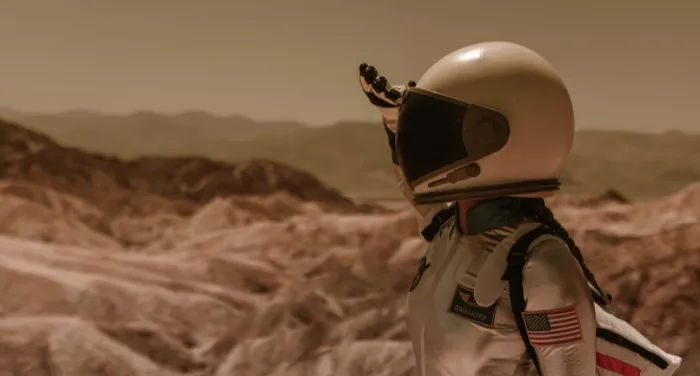

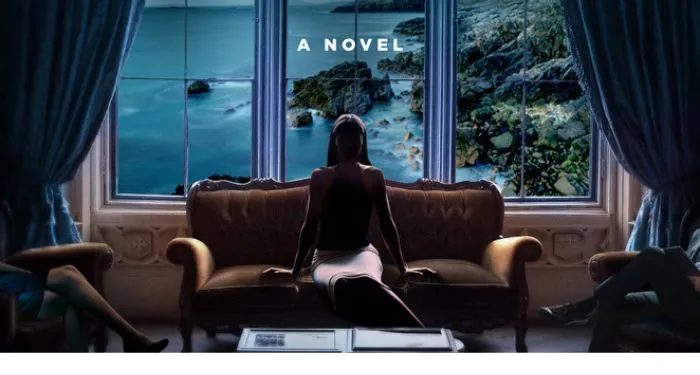
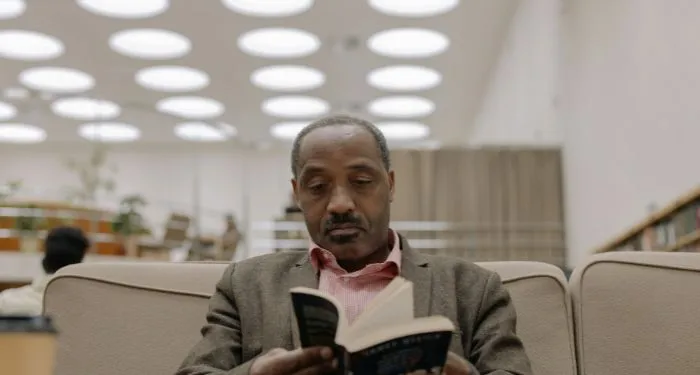
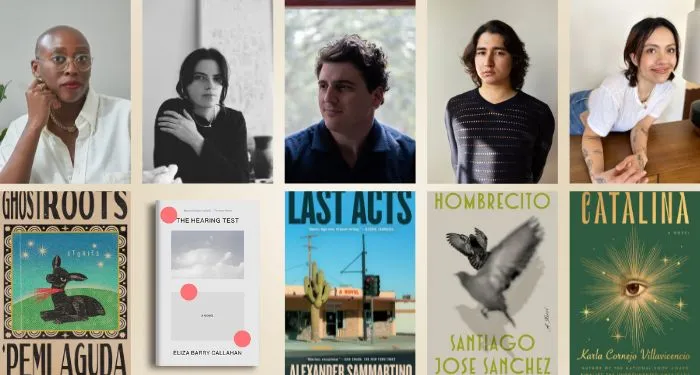
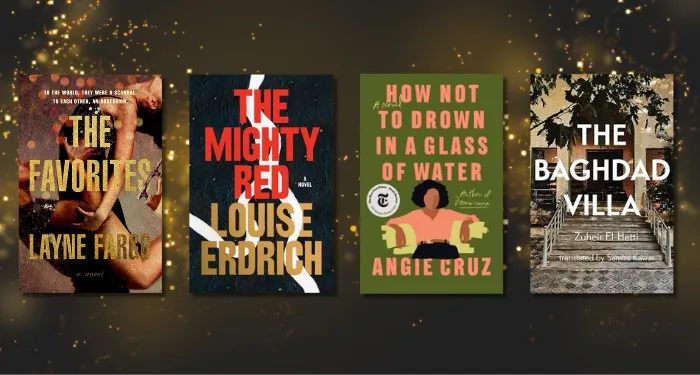
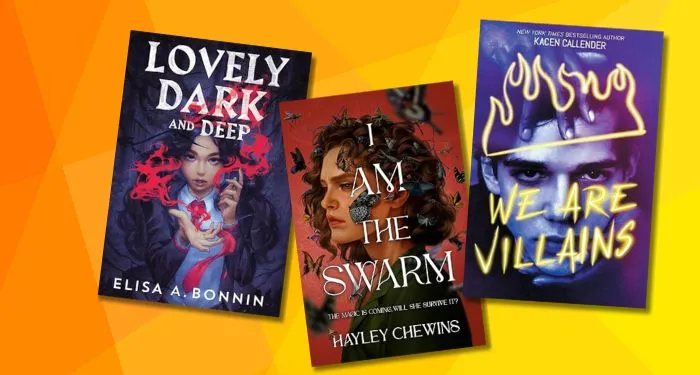



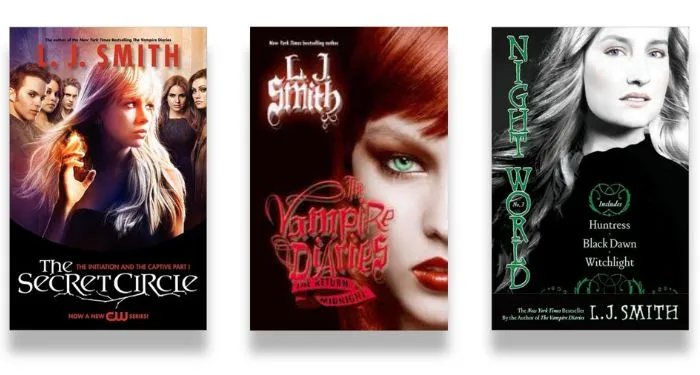
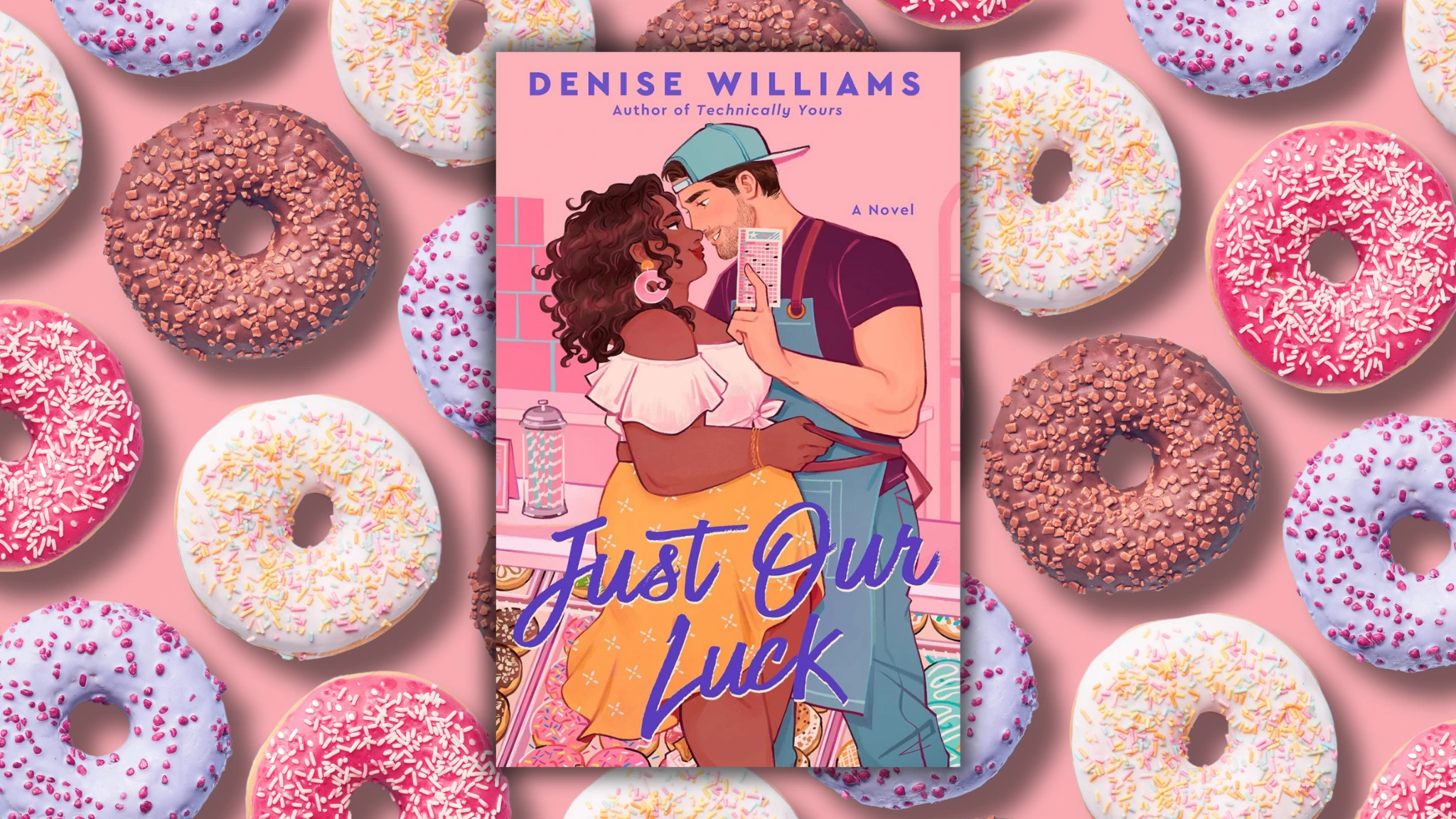


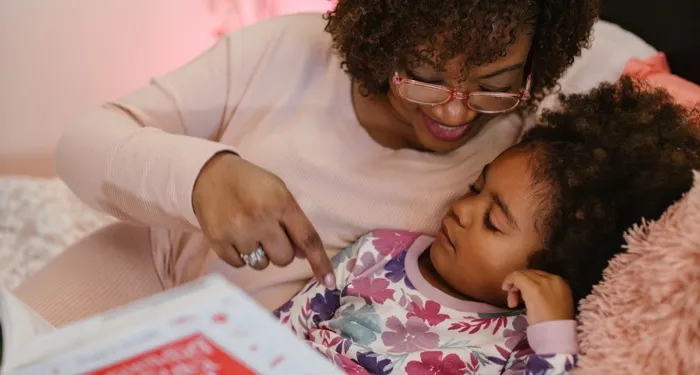
 English (US) ·
English (US) ·